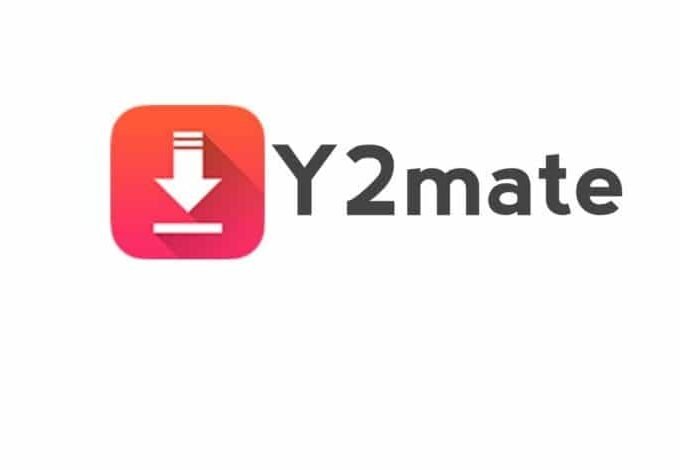Security experts and technology experts everywhere have long warned the public of the dangers of public Wi-Fi. But shoppers know that there’s free Wi-Fi available at many of the local businesses we know and love like coffee shops, book stores, public libraries, hotels and even restaurants. So how safe or unsafe is using public Wi-Fi?
There’s no clear answer because it depends. Public Wi-Fi is only as safe as who is providing it, who else is using it and how cautious you are while using it. The best you can do is to know the risks, put internet safety first and take proper precautions to minimize risks whenever you can.
Open Wi-Fi Versus Public Wi-Fi And What’s The Difference
Public Wi-Fi and open Wi-Fi are used interchangeably by many and while the two terms have overlapping similarities there some key differences between the two. It’s important to understand the difference so you can protect yourself and stay safe while online.
What Is Public Wi-Fi?
Public Wi-Fi is the free Wi-Fi you find at a business you visit and buy goods or services from. As a thank you, that business offers free internet connection or Wi-Fi to their customers. You’ve probably connected and used public Wi-Fi before at places like local coffee shops, bookstores, retail stores, restaurants, schools, and hotels. The key component is that in order to use their Wi-Fi you need a password to login.
What Is Open Wi-Fi?
Open Wi-Fi is any network anywhere, whether it be at your local coffee shop, library, etc that can be accessed without a password. Open Wi-Fi is the least secure and the most risky type of Wi-Fi you can connect to. This means literally anyone within range of the Wi-Fi network can connect including cybercriminals and hackers. They love open Wi-Fi networks because they’re easy access to many unsecured devices in the shortest amount of time compared to other nefarious methods. They can see everything you do online from what websites you visit, data you enter, links you click on and can even trick you into installing malware onto your device.
The Risks Of Using Public Wi-Fi
While there will always be risks on public Wi-Fi, especially when it’s being offered for free by businesses that are unlikely to be concerned about security. Here are some risks of using public Wi-Fi that everyone should be aware of:
- “Man-in-the-middle-attacks.” When talking about public Wi-Fi, you’ll hear about this often. So what is it? This is when hackers put themselves in between guests using the public Wi-Fi and the connection point. Doing so lets hackers see all information sent and received bypassing many securities.
- Fake Wi-Fi networks. Hackers set up fake Wi-Fi networks named similarly to surrounding businesses to entice you to connect to them so they can steal your data or give you malware.
- Malware. Hackers like to use unsecured Wi-Fi networks to distribute their malware to all of the connected devices.
- Snooping. Cybercriminals have the ability to eavesdrop on whatever they like while being connected to an unsecured network. They can steal login information, payment information and even steal your online accounts out from under you.
How To Use Public Wi-Fi Safely
The best way you can stay safe while using public Wi-Fi is to use a VPN or a virtual private network. A VPN will protect any information you send or receive while in use by encrypting or scrambling your data to make it unreadable to prying eyes. Trustworthy VPN services will cost you from $3 to $15 a month depending on which service you go with. All things considered, a VPN is an inexpensive way to enjoy public Wi-Fi safely.
If you don’t want to invest in a VPN service, here are some other ways you can stay safe while on public Wi-Fi:
- Use strong and unique passwords. You should be doing this all the time whether you’re on public Wi-Fi or on your home Wi-Fi, so if you use weak passwords, passwords that contain personal information or the same password for all your accounts; fix it as soon as possible.
- Enable two factor authentication wherever you can. After you enter your username and password, you’ll get a passcode texted to your phone. This way even if your username and password were somehow compromised, this will keep hackers and cybercriminals out.
- Avoid entering personal information. Save social security numbers, addresses, payment information, your taxes, or anything regarding your bank account for home. If you like to shop online, just save your cart for later or complete your purchase on your smartphone.








Leave a comment